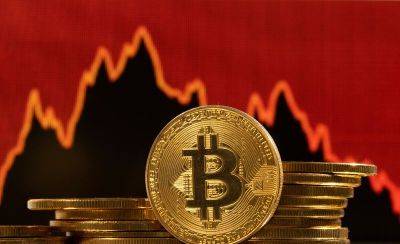Fake images made to show Trump with Black supporters highlight concerns around AI and elections
Donald Trump surrounded by groups of Black people smiling and laughing seem nothing out of the ordinary, but a look closer is telling. Odd lighting and too-perfect details provide clues to the fact they were all generated using artificial intelligence. The photos, which have not been linked to the Trump campaign, emerged as Trump seeks to win over Black voters who polls show remain loyal to President Joe Biden.
The fabricated images, highlighted in a recent BBC investigation, provide further evidence to support warnings that the use of AI-generated imagery will only increase as the November general election approaches. Experts said they highlight the danger that any group — Latinos, women, older male voters — could be targeted with lifelike images meant to mislead and confuse as well as demonstrate the need for regulation around the technology.
In a report published this week, researchers at the nonprofit Centre for Countering Digital Hate used several popular AI programs to show how easy it is to create realistic deepfakes that can fool voters. The researchers were able to generate images of Trump meeting with Russian operatives, Biden stuffing a ballot box and armed militia members at polling places, even though many of these AI programs say they have rules to prohibit this kind of content.
The centre analysed some of the recent deepfakes of Trump and Black voters and determined that at least one was originally created as satire but was now being
























